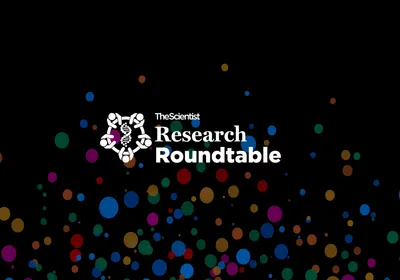ABOVE: © ISTOCK.COM, SHUNYUFAN
Whole exome sequencing is an increasingly common method to help doctors diagnose rare genetic diseases, but the technique apparently suffers from inconsistent sequencing reads of genes. A recent review of 36 tests sent to one of three clinical labs in the US finds that thousands of genes did not receive the full battery of coverage, researchers reported December 30 in Clinical Chemistry.
“Many of the physicians who order these tests don’t know this is happening,” coauthor Jason Park, an associate professor of pathology at the University of Texas (UT) Southwestern Medical Center, says in a press release. “A negative exome result is meaningless when so many of the genes are not thoroughly analyzed.”
Park and his colleagues compared the whole exome sequencing data from 20 children and 16 parents, who were being seen at a genetics clinic between 2012 and 2016, to more than 17,000 known, ...






















